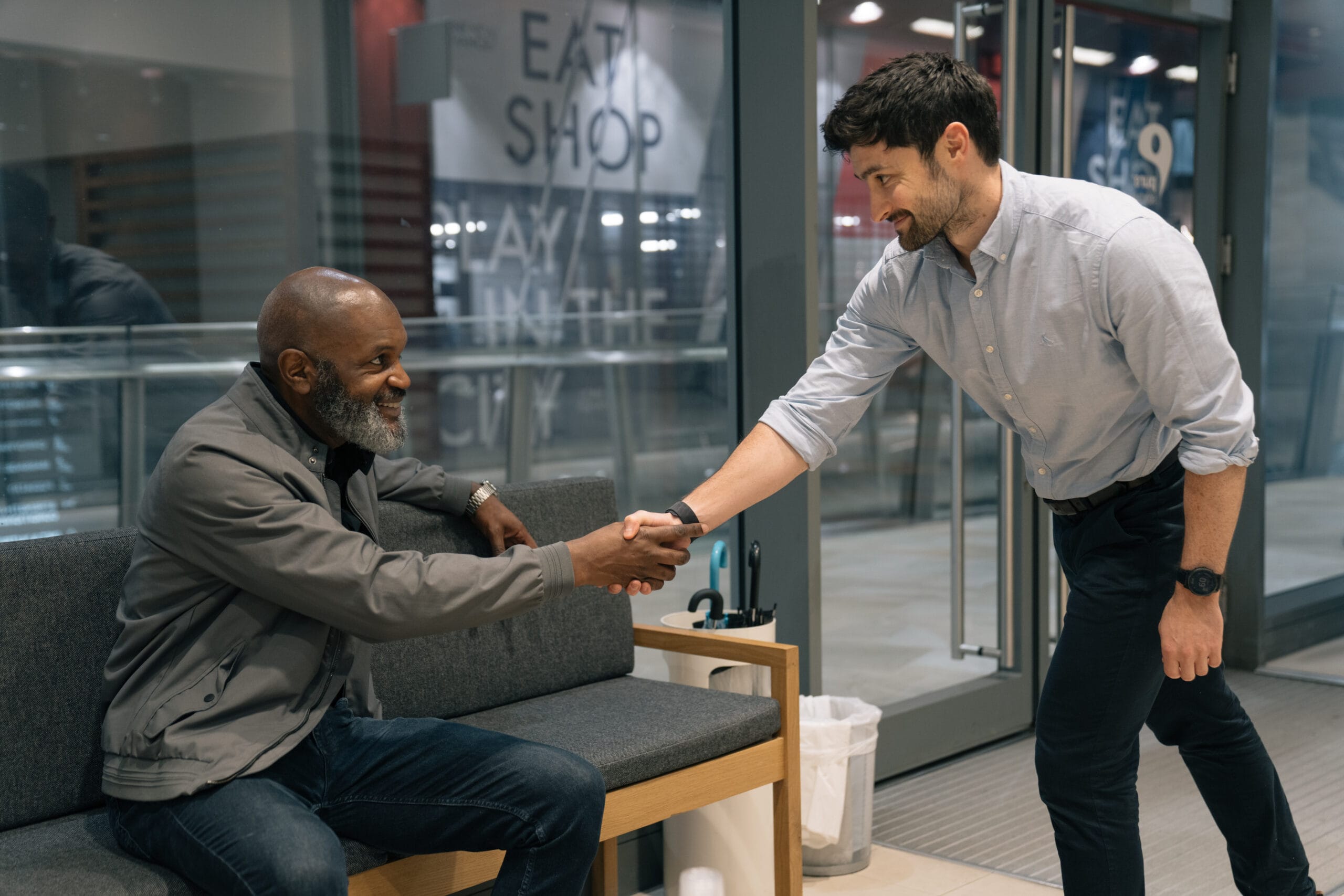Book a free 15-minute consultation. We’ll help you understand what may be causing the pain and provide the guidance you need to get you back to your best.
"*" indicates required fields
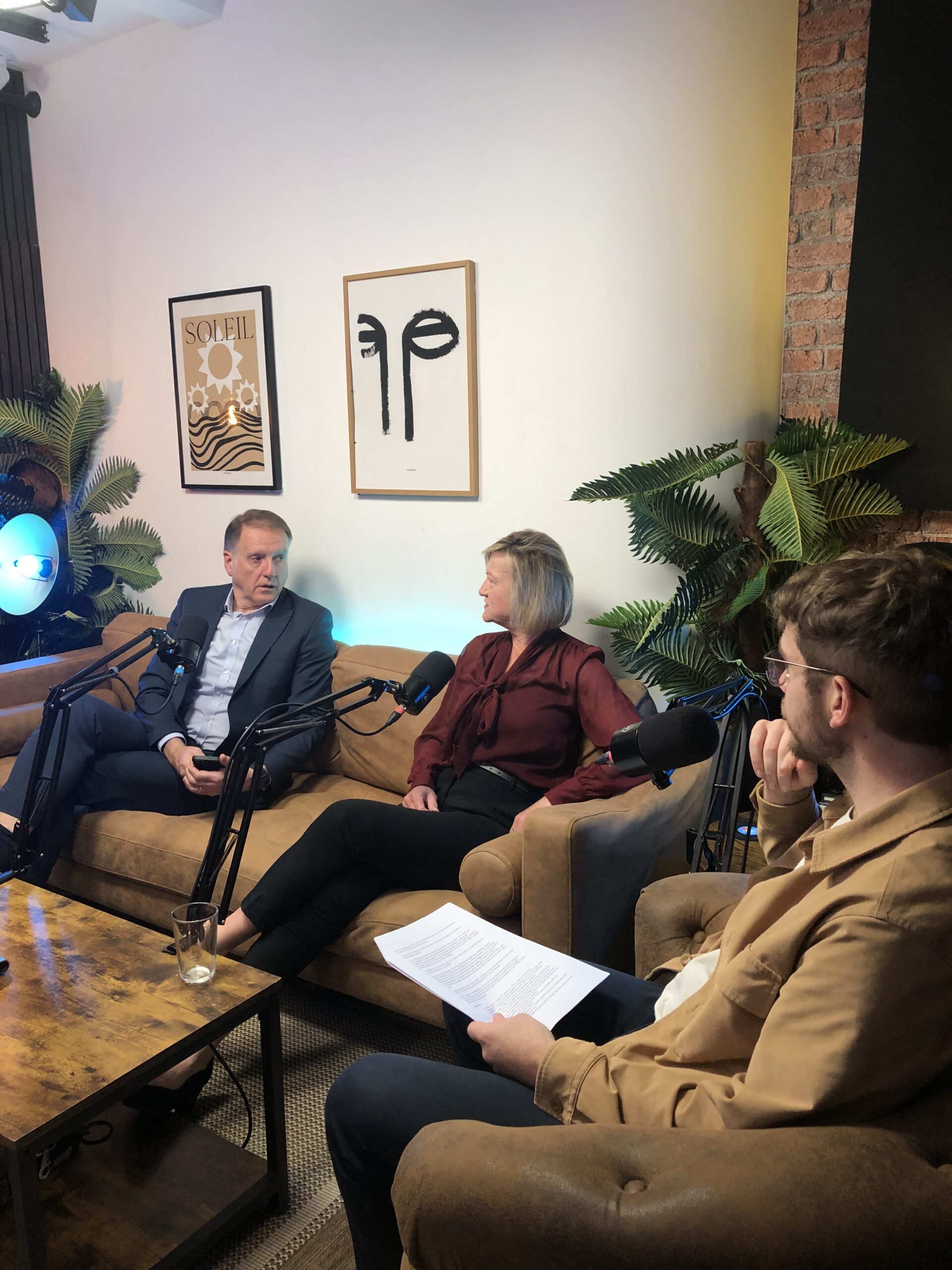
Tune in for all your health, lifestyle, injury rehab, and sports medicine information and advice.
Injuries happen every day and can dramatically impact your life, job, activities and chosen sports. We are on a mission to empower people to live the active lives that everyone deserves, whether you consider yourself an elite athlete or not.
Pure Sports Medicine is the UK’s leading provider of musculoskeletal, sport and exercise medicine, providing access to the highest standards of non-surgical medical care delivered by our team of world-class specialists working together all under one roof. Our team approach means efficient and effective treatment with same day referrals where needed to ensure you have the exact people around you that you need.
In this podcast we hand the mic to our team of experts including, Physiotherapists, Sport & Exercise Medicine consultants, Nutritionists, Strength & Conditioning Coaches, Soft Tissue Therapists and many more, to bring you the most up-to-date information and advice to help you achieve your sporting or fitness goals. We’ll give you tips on avoiding injury and managing new or ongoing conditions with the goal of helping you get back to your best.
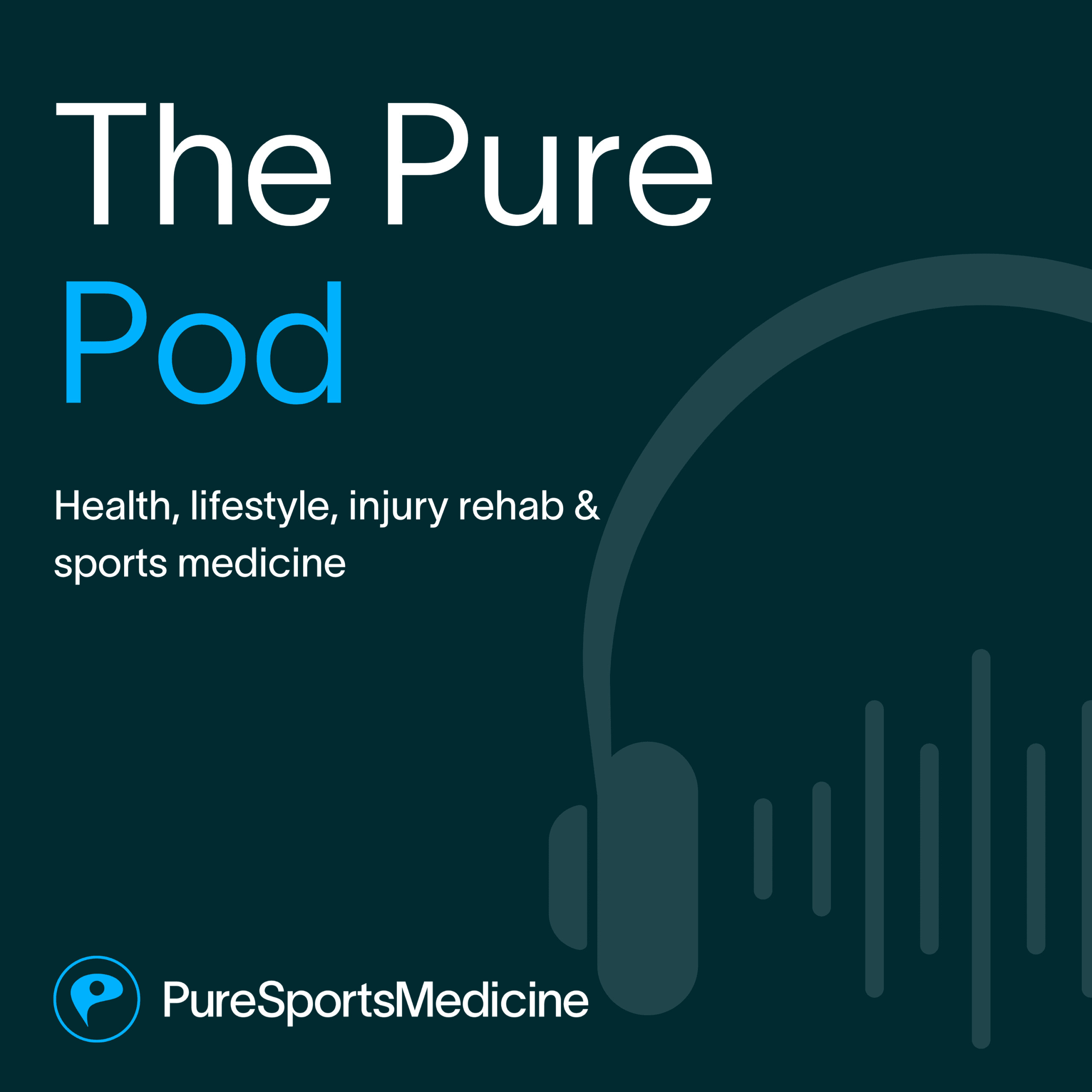
A multidisciplinary team (MDT) approach to treatment involves professionals from a range of fields to produce a comprehensive recovery plan for an athlete or patient. This has become common practice in the treatment of many different illnesses and conditions.
On the inaugural episode of our new podcast, we speak to Pure Sport Medicine’s Chief Clinical Officer, Claire Small, and Medical Director, Dr John Etherington, to explain this concept in more detail.
More Info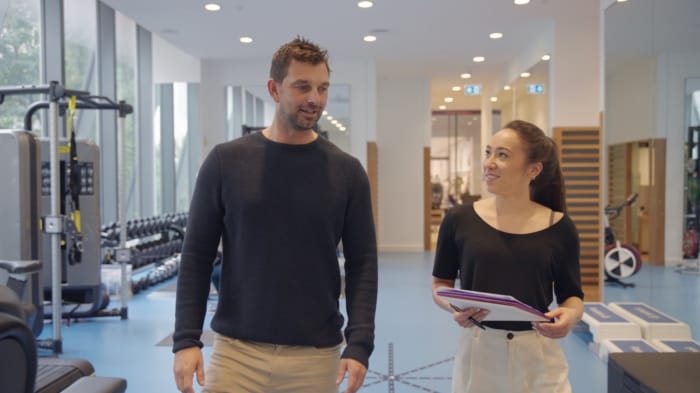
Multiple studies show that women’s pain is often undertreated compared to men; for example a study by the American Heart Association found that women waited 29% longer to be evaluated for heart attack when reporting chest pain, meaning many conditions are under discussion in the public realm, or worse yet, mistreated.
In this podcast, we’ll look at the treatment options available to women and how exercise and diet can be tailored to mitigate symptoms and improve general well being. We’re joined by Dietician & Performance Nutritionist, Dr Linia Patel, and Head of Women’s Health and specialist musculoskeletal & Pelvic health physiotherapist, Aisling Freir.
More Info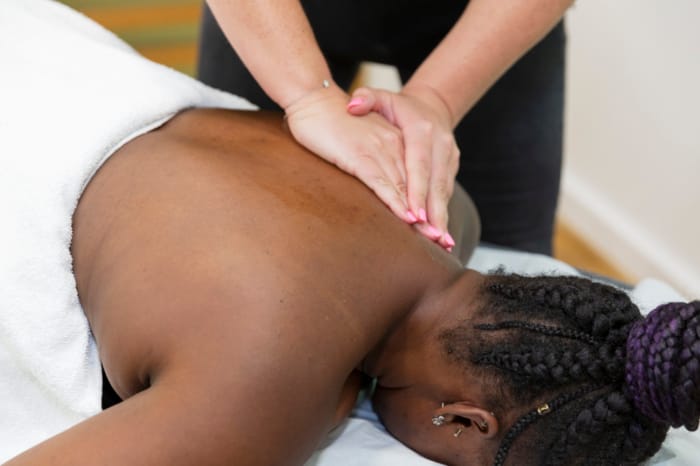
Long distance running is one of the most popular forms of exercise in the UK with over 800,000 people applying for 2025 London Marathon, and Hyrox has proven a cultural phenomenon over the past couple of years with 200,000-plus racers taking part in a 2024 race.
Preparing for events like these can be overwhelming, especially during the cooler season. Physiotherapist and Ultra-runner, Dawn Nunes, and Podiatrist and running enthusiast, Ian Griffiths, offers their tips for maintaining motivation for training over the winter months, plus training strategies for both marathon training and Hyrox preparation.
More Info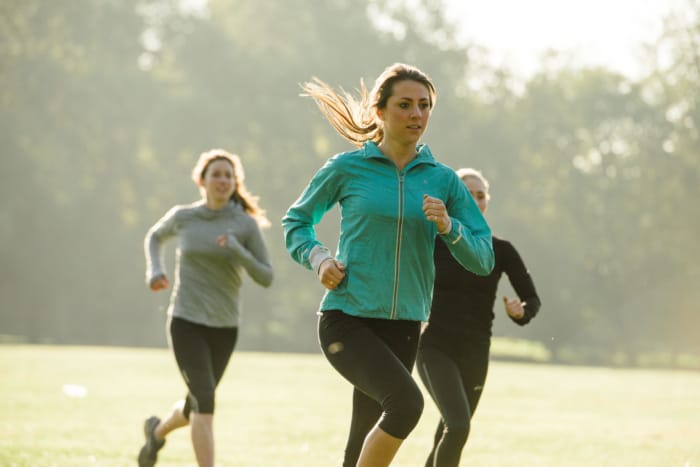
For many, jetting off to the slopes in the midst of the winter months is a real boost of fun and excitement. However it’s important to note that there is an inherent risk of injury, particularly to the lower body.
Physiotherapists Tom Ulset and Charlotte Vaile, explain how winter sport enthusiasts can mitigate the risks of injuries, supporting exercises to prioritise and what gold standard care look like when injuries do hit.
More Info
A survey conducted at the end of 2024 found 27% of Britons set themselves new year’s resolutions. The majority relating to physical health and fitness. But keeping momentum is difficult. When we try to change our habits, it’s common to aim too high, jeopardising future performance by reaching for a goal that is unsustainable.
As we roll into February, we want to share our tips on maintaining lifestyle changes. From planning an exercise régime that fits around your commitments to the importance of rest days and sleep, our team have the answers for you.
More Info
That feeling when you cross the finish line is the culmination of months of hard work. But what comes after is often overlooked. How do you mitigate the immediate risk of injury after 26.2 miles? Looking at the medium, or long-term recovery should you push on or scale back? What comes after the adrenaline dump?
Join physio and running injury specialist John Daly, and podiatrist Alex Townsend, as we look at the last-minute prep, race-day itself, and the aftermath. Consider it your companion to the next month of effort, and the fitness journey that comes after your amazing achievement.
More Info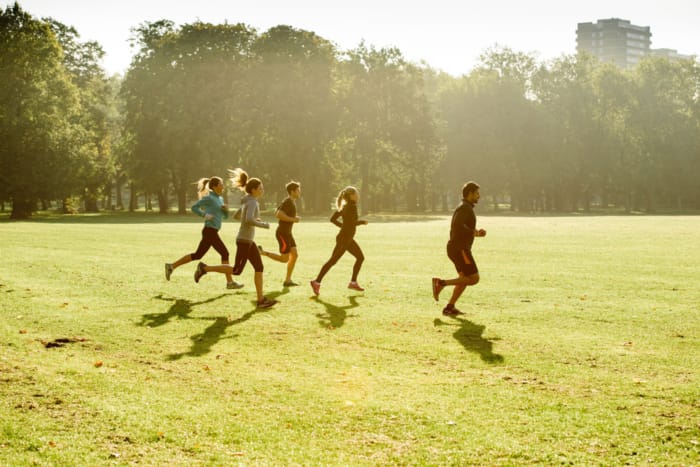
Triathlons are the ultimate test for the inter-disciplinary athlete. Combining running, swimming and cycling, these races offer a unique challenge. Not only do you need a high-level of fitness, but managing the different physical expectations in the build-up to race day requires careful planning and meticulous preparation. But how do you manage and mitigate injury risk across three disciplines with drastically different mechanics and stresses on the body?
We’re drawing on the expertise of two triathletes, Alex Townsend, a podiatrist with particular expertise in the treatment of injuries related to long-distance running, and strength and conditioning coach Andy Page to talk us through these big questions and more.
The Pure Pod Season 2 Episode 1: Preparing for a Triathlon
The ever-increasing waitlists for treatment within the NHS are constantly in the news. Long-term conditions including musculoskeletal ailments, rheumatological conditions, the treatment of overweight patients and those with diabetes, as well as patients recovering from cancer have some of the longest waiting periods. That lack of access to care is creating worsening health outcomes for millions of Britons.
The government has announced a future focus on prioritising prevention over treatment, which is a welcome development. However, many patients still are either unable to access the insights of medical professionals or are unsure of their options. Self-referring to a physio, a strength & conditioning coach or a nutritionist can help people suffering from existing health conditions improve their quality of life. Medical Director, Dr John Etherington and Chief Clinical Officer, Claire Small, join us this week to discuss.
The Pure Pod Season 2 Episode 2: Topical Health & Access to Care